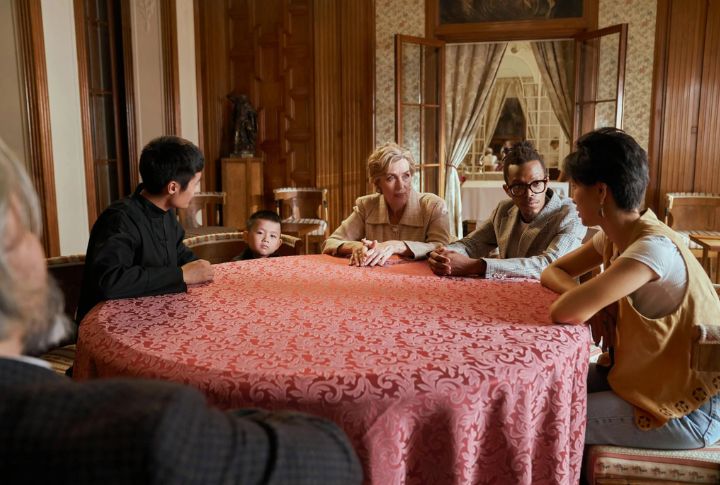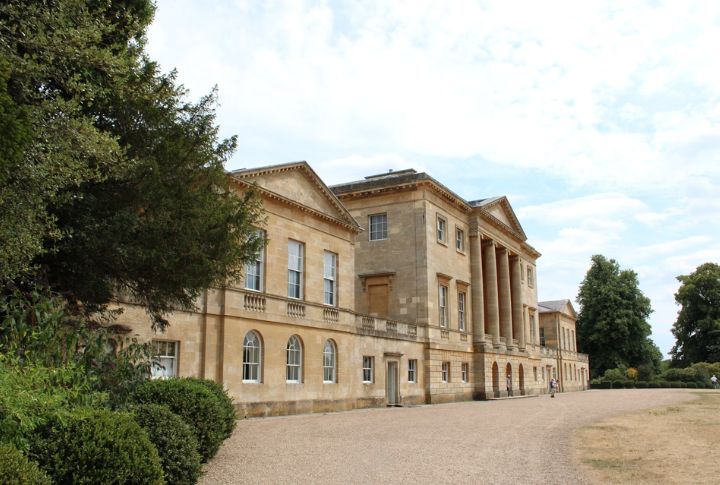
Money comes and goes, but for some families, it endures for centuries. Unlike self-made millionaires whose wealth may be more recent or volatile, old-money families build financial empires that have stood the test of time for decades. This is because their wealth isn’t just about dollar amounts but also legacy, reputation, and influence. Here are 10 things that make old money different, and explain how it continues to thrive.
Their Definition Of Wealth Differs

Old money is simply defined as inherited wealth. Without relying on monthly financial paychecks, these families have been able to maintain their wealth for multiple generations. They historically built their fortunes through industry and strategic investments that stand the test of time. Additionally, their wealth is carefully preserved through careful planning.
Discretion Is Central To Their Lifestyle

Subtlety characterizes the everyday habits of families who have inherited wealth across generations. In contrast to new money, their heirs prioritize privacy and avoid excessive displays of wealth. Every detail, from decor to dress, leans toward refined simplicity. It’s how they gain presence in a room without ever raising their voice.
Legacy Planning Protects Wealth Over Time

Generational wealth requires more than money—it demands foresight, planning, and unwavering dedication to family tradition. Wealthy families establish structured inheritance plans that prevent financial decline and safeguard assets for future heirs. Businesses, estates, and trust funds are often passed down with specific conditions to ensure continuity.
Private Education Maintains Social Position

Elite schools play a key role in shaping the future of old-money heirs. Even their children attend established private institutions such as Ivy League universities and prestigious boarding schools. Within these schools, there are opportunities for heirs to build relationships with similarly wealthy peers.
Philanthropy Serves As A Legacy Tool

Old money treats philanthropy as long-term planning. Donations go to universities, museums, and scientific research—not as casual charity, but as a way to embed their legacy into public life. The goal is permanence, achieved through institutions that outlast individual names.
Real Estate Is Used To Preserve Status

Long-term wealth preservation often revolves around strategic real estate investments passed down through generations. Old money families acquire historic mansions, prime urban properties, and vast land portfolios to safeguard their financial position. Rather than frequently buying and selling frugal items, they retain properties to maintain a strong presence in elite neighborhoods.
Investments Focus On Long-Term Value

Instead of following market hype, old money leans into patience. They favor industries that outlast business cycles—timber, water rights, commercial property, and even art. These aren’t splashy investments, but they’re built to hold value quietly while the world chases the next big thing.
Exclusive Networks Sustain Their Influence

Old money operates behind closed doors. Influence builds through long-standing clubs where members are introduced, not recruited. These networks foster consistency, protect privacy, and preserve reputations over time. Even conversations unfold without urgency, and relationships are often strengthened over years, not moments.
Family Offices Handle Their Wealth

Old money doesn’t rely on outside financial planners. Many families run private offices that handle everything—investments, taxes, trusts, and even household staffing. It’s a quiet, in-house system built for stability. Decisions stay close. Wealth stays protected. And control passes down just like property or name.
Old Money Sets Social Expectations

Old money families influence how the wealthy dress, behave, and give back. Their choices, like wearing classic brands or funding museums, shape what’s seen as proper in high-income circles. These habits are copied over time, becoming the unspoken rules of upper-class life.
